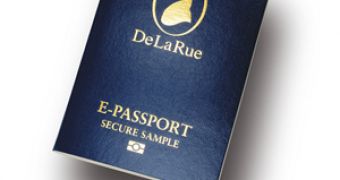Nowadays the best way to keep your information protected on the Internet is done by not accessing it. Anyway, you might want to try out, considering yourself to be smarter than anybody else, and believe that you can enforce some security measures so that your sensitive information won?t get stolen while you browse the Internet.
So you go out and install that new, paranoid firewall, block access to God knows how many services and install all of the necessary security updates, use only trustworthy websites and scan your computer for malware daily. But one day you find your bank account a couple of thousand dollars smaller and see that somebody was monitoring your computer via a keylogger. That?s when you say ?dammit, it?s time for some drastic measures?; you change the operating system, switch to Linux, learn as much as you can possibly learn about security on this Linux, apply whatever measures you see fit and so on, and then see that your bank account got even smaller, and then what, change the bank, move out of the country, live in Siberia?
Well, before you go off and pack your clothes, you should find out that there may still be a way of having security, integrated circuits (ICs) which store your personal information and have ?hack proof? security measures installed. One of the common uses for these ICs is in electronic passports, as recommended by the International Civil Aviation Organization, which said this could be a way to help prevent the spread of international crime and terrorist acts. For such applications, Samsung has developed ?two chips designed for combination (contact and non-contact) smart cards, in 72KB and 144KB capacities with embedded EEPROM?.
These chips have received Common Criteria (CC) certification and Evaluation Assurance Level (EAL) 4+ rating. Although they may seem small in capacity, the chips are able to store biological data (face, fingerprints, retina and genetic makeup) needed for biometric identification systems. This is also a good way for tagging population, if you come to think of it, and through devices that use these chips, law enforcement agencies and other organizations can track a person's whereabouts and even control population flow, if need may be for such a thing.

 14 DAY TRIAL //
14 DAY TRIAL //